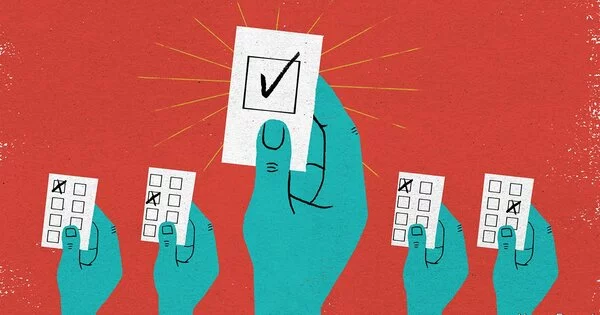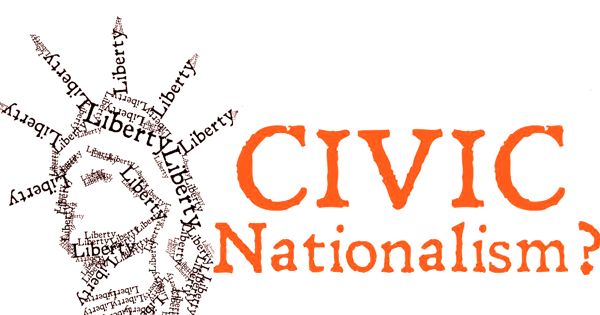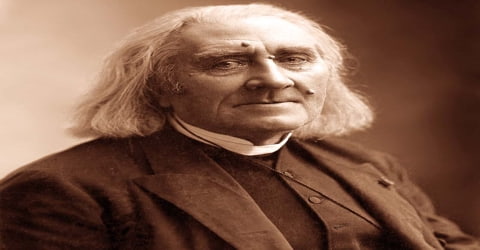Representative democracy is a form of government in which citizens elect representatives to make decisions on their behalf. In this system, the representatives are elected by the people through free and fair elections, and they are expected to act in the best interest of their constituents. The elected officials are responsible for making laws and policies that reflect the needs and desires of their constituents, and they are held accountable for their actions through periodic elections.
People in a representative democracy elect officials to create and vote on laws, policies, and other aspects of government on their behalf. Representative democracy is thus the polar opposite of direct democracy, in which the people vote on every law or policy considered at every level of government. In larger countries, where the sheer number of citizens involved would make direct democracy unmanageable, representative democracy is typically used.
In contrast to direct democracy, representative democracy, also known as indirect democracy, is a type of democracy in which elected people represent a group of people. Nearly all modern Western-style democracies function as some type of representative democracy: for example, the United Kingdom (a unitary parliamentary constitutional monarchy), Germany (a federal parliamentary republic), France (a unitary semi-presidential republic), and the United States (a federal presidential republic) (a federal presidential republic).
Representative democracy is often contrasted with direct democracy, in which citizens directly participate in making decisions through a process of voting or consensus-building. While direct democracy was more common in ancient times, representative democracy has become the dominant form of democracy in modern societies. Many countries around the world, including the United States, Canada, and many European nations, operate under a representative democracy system.
Representative democracy can be used in both the parliamentary and presidential systems of government. It usually takes place in a lower chamber, such as the House of Commons in the United Kingdom or the Lok Sabha in India, but it can be limited by constitutional constraints such as an upper chamber and judicial review of legislation. Representative democracy has been described as polyarchy by some political theorists (including Robert Dahl, Gregory Houston, and Ian Liebenberg).
Representative democracy places power in the hands of representatives who are elected by the people. If electoral systems require or encourage voters to vote for political parties or candidates associated with political parties, political parties frequently become central to this form of democracy (as opposed to voting for individual representatives).
















